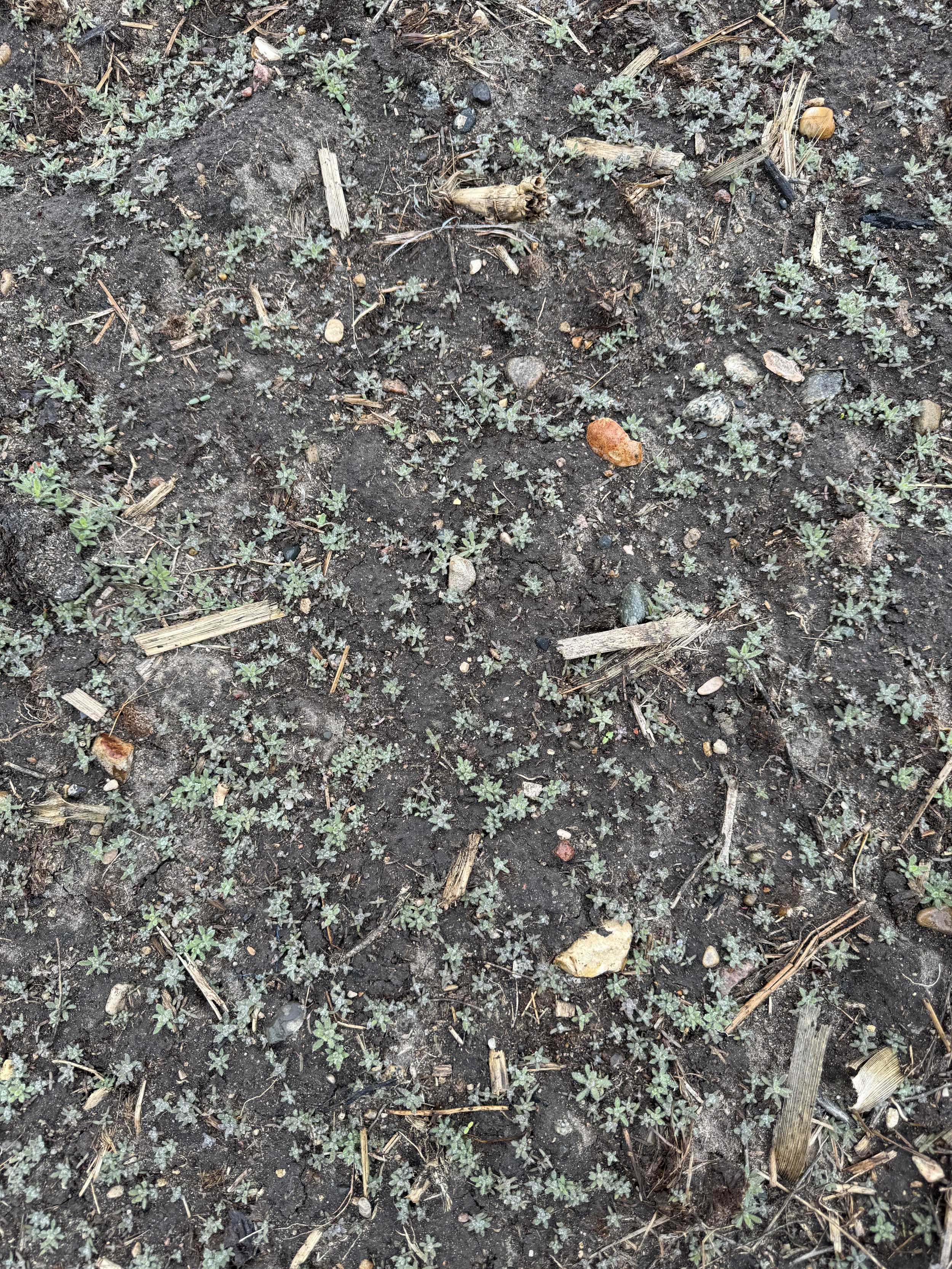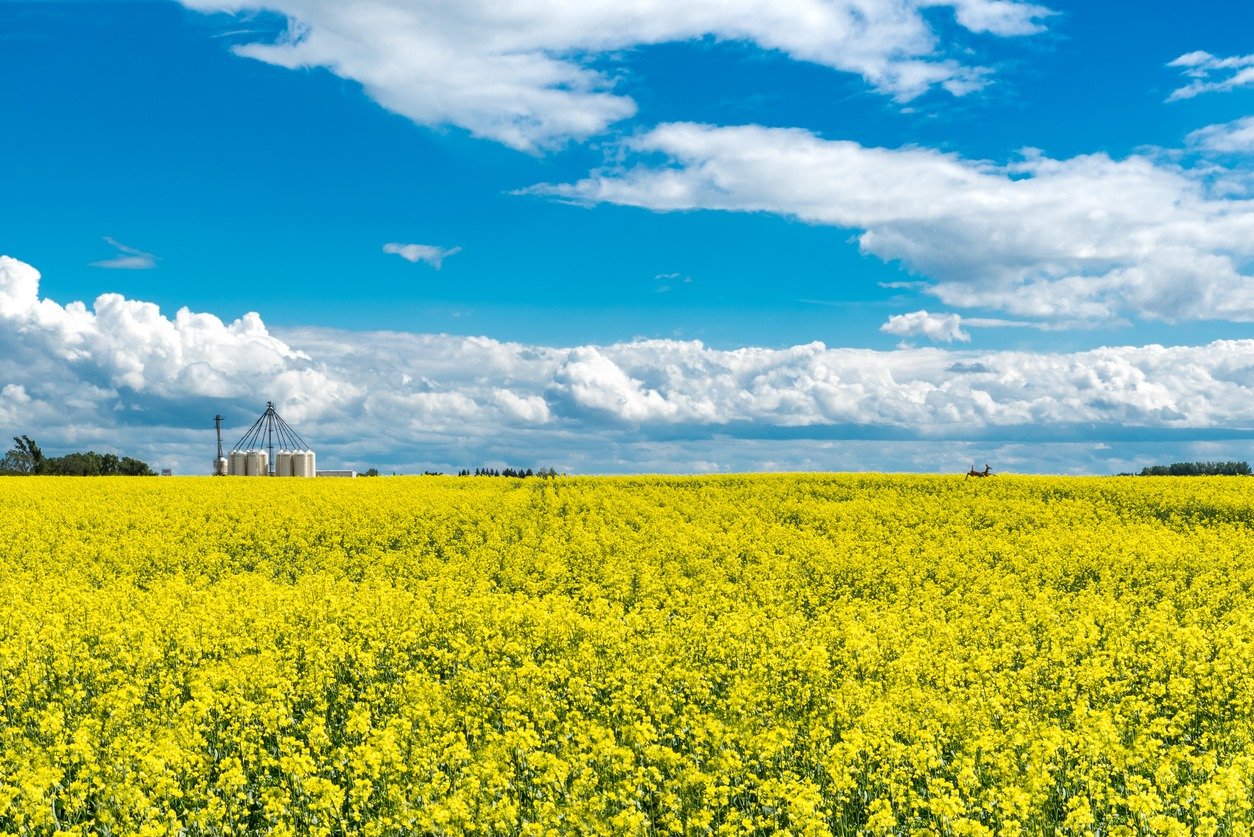
Resources
Maximizing Harvest Success: The Value of Pre-Harvest Herbicide Applications in Wheat and Canola
As harvest approaches across the Prairies, grain farmers are considering whether to apply a pre-harvest herbicide – a critical decision that impacts crop quality, harvest efficiency, and marketability. When timed and executed correctly, this practice offers significant agronomic and logistical benefits—especially in wheat and canola production.
Spraying for Fusarium in Wheat: What you need to Know in 2025
Fusarium head blight (FHB) is still one of the biggest threats to wheat crops across the Prairies. It hits yield, downgrades grain quality, and hurts your bottom line. But the good news? Spraying works—if you get the timing right.
Micronutrients Offer Big Benefits
If you haven’t considered adding micronutrients to your soil, this might be the year. Read on to learn more about the benefits of micronutrient application, including addressing soil deficiencies, improving yield and quality, supporting critical growth stages, enabling targeted application through soil testing, and promoting sustainability.
Pre-Seed Burndown is the Right Time to Manage Resistant Weeds
Burndown herbicide applications revolutionized weed control in Western Canadian fields 30 years ago. The simplicity and effectiveness of these herbicide applications makes it hard to change a good thing.
Fertility Considerations to Optimize 2025 Crops
At Sharpe's Crop Services, we understand the unique challenges you face in achieving profitable crop yields. Our agronomy team has assembled some tips to help you make informed decisions about soil fertility.
Make 2025 Soil Fertility Decisions with a Long-Term View
Maintaining soil health is crucial for your farm's productivity and sustainability. Here’s how you can make informed soil fertility decisions for 2025 and beyond.
A Well-Balanced Fertility Plan Provides the Best Return
We know that achieving high crop yields and maintaining soil health are crucial for your farm's success. But optimal nutrient management strategies need to ensure both short-term gains and long-term sustainability.
Agronomic Checklist for Choosing Seed
Sharpe’s agronomists have been busy weighing seed options for farmers in your area. If you saw any of these problems on your farm at harvest, learn more about seed options that can help you grow more in 2026…
Fighting Weed Resistance with Integrated Management
Weeds like kochia and wild oats are becoming increasingly resistant to common herbicides. Kochia is resistant to Group 2 and Group 9 (glyphosate) herbicides, while wild oats are resistant to Group 1 and Group 2 herbicides…
Seed Treatments for Managing Canola Pests
Flea beetles and cutworms are major pests that can significantly damage canola crops, especially during early growth stages. Flea beetles feed on the leaves and stems of young canola plants, while cutworms cut off seedlings at the soil surface…
Managing Verticillium in Canola
Verticillium is a soil-borne disease that affects canola, causing standability issues and making it harder to harvest. This disease is caused by the fungus Verticillium longisporum…
Harvest Prep: Tips for a Successful Pre-Harvest Herbicide Applications in Wheat & Canola
A well-executed pre-harvest herbicide application can mean the difference between a smooth, efficient harvest and one plagued by green weeds, uneven maturity, and grain quality issues. Here are practical, agronomist-backed tips to help you get the most out of your fall pre-harvest herbicide application in wheat and canola.
Stay Ahead of Disease: Local Experts Share Proactive Fungicide Tips for 2025 Canola Crops
Disease presence in your canola is the gamble every farmer faces so how can we make decisions about in-crop fungicide applications before the crop is even in the ground? Sharpe’s Agronomists share their tips for proactive risk assessment for fungicide applications in 2025.
Proactive In-Crop Weed Control: A Guide to Effective Weed Management
You know that effective weed management is crucial for maximizing crop yields but things are changing. Here are some things to consider as you look at planning for the busy spring season.
Maximizing Yield Potential with Seed Treatments: Essential Tips for Your 2025 Crop
We know that the maximum yield potential of your seed is the moment before the seed hits the ground. But how can you maximize this potential? Seed treatments are one of the most effective tools to reduce seed stress and ensure your crops thrive.
Rotating Canola Genetics to Combat Blackleg
Blackleg is a major disease that affects canola crops. It can cause significant yield losses if not managed properly. Blackleg can reduce canola yields by up to 50% in severe cases…
















